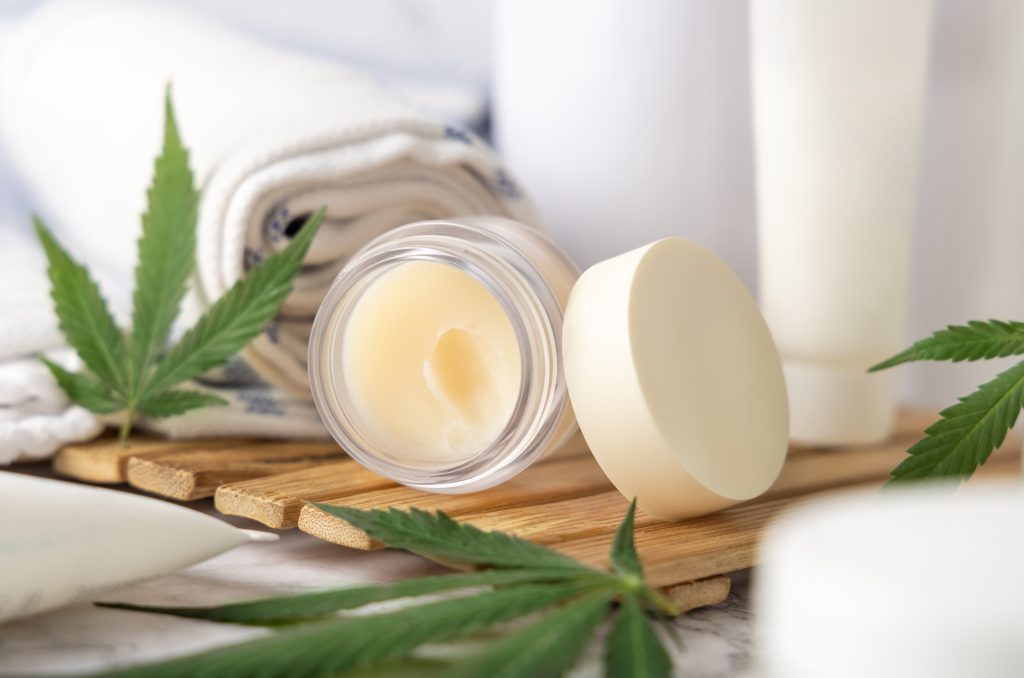Unveiling the Power of CBD Private Labeling
In the dynamic landscape of the wellness industry, CBD has emerged as a versatile and sought-after ingredient, captivating consumers seeking natural remedies for various ailments. Among the myriad ways to introduce CBD products to the market, private labeling has gained significant traction for its ability to offer businesses a customizable and branded approach. In this comprehensive guide, we delve into the world of CBD private labeling, exploring its benefits, considerations, and steps for successful implementation.
Understanding CBD Private Labeling
CBD private labeling involves partnering with a manufacturer to create and brand CBD products under your company’s label. Rather than developing products from scratch, businesses can leverage existing formulations and production capabilities, focusing instead on branding, marketing, and distribution. This approach enables businesses to enter the CBD market swiftly with products tailored to their target audience and brand identity.
Benefits of CBD Private Labeling
Brand Customization: Private labeling allows businesses to create CBD products that align with their brand image, values, and target market. From product formulation and packaging design to labeling and marketing materials, every aspect can be customized to reflect the brand’s identity and resonate with consumers.
Speed to Market: Developing CBD products from scratch can be time-consuming and resource-intensive. Private labeling streamlines the process by leveraging pre-existing formulations and production capabilities, significantly reducing time to market. This agility is particularly advantageous in the rapidly evolving CBD industry.
Cost-Effectiveness: Private labeling eliminates the need for extensive research and development costs associated with creating new products. By partnering with a reputable manufacturer, businesses can access high-quality CBD formulations at a fraction of the cost, maximizing profitability and minimizing financial risk.
Quality Assurance: Partnering with established manufacturers ensures that private label CBD products meet rigorous quality standards and regulatory requirements. Manufacturers typically conduct thorough testing and adhere to Good Manufacturing Practices (GMP) to ensure product safety, potency, and consistency.
Considerations for CBD Private Labeling
Choosing the Right Manufacturer: Selecting a reputable and experienced manufacturer is paramount to the success of your private label CBD venture. Consider factors such as manufacturing capabilities, quality control processes, certifications, and reputation within the industry.
Product Selection: Assess market demand, consumer preferences, and your target audience when selecting CBD products to private label. Common options include CBD oils, tinctures, edibles, topicals, and pet products. Choose products that align with your brand and cater to your target market’s needs.
Customization Options: Explore customization options offered by manufacturers, including product formulation, CBD concentration, flavors, packaging design, and labeling. Tailoring products to meet specific preferences and market trends can enhance brand differentiation and consumer appeal.
Regulatory Compliance: Stay informed about regulatory requirements governing the manufacturing, labeling, and marketing of CBD products. Ensure that your private label CBD products comply with applicable regulations, including THC limits, labeling requirements, and safety standards.
Steps for Successful CBD Private Labeling
Market Research: Conduct thorough market research to identify consumer trends, competitive landscape, and market opportunities. Gain insights into consumer preferences, purchasing behavior, and emerging market segments to inform your product selection and branding strategy.
Partner Selection: Research and vet potential manufacturing partners based on their capabilities, reputation, quality standards, and ability to meet your specific requirements. Request samples, certifications, and references to assess the manufacturer’s suitability for your private label CBD venture.
Branding and Packaging Design: Develop a compelling brand identity, including brand name, logo, packaging design, and marketing materials. Ensure that your branding resonates with your target audience and communicates your brand values, quality, and authenticity.
Quality Assurance and Testing: Work closely with your manufacturing partner to establish quality control processes, including raw material sourcing, manufacturing procedures, and product testing. Conduct regular quality assurance checks to ensure that your private label CBD products meet the highest standards of safety and efficacy.
Marketing and Distribution: Develop a comprehensive marketing strategy to promote your private label CBD products and drive sales. Leverage digital marketing channels, social media, influencer partnerships, and retail partnerships to increase brand visibility and reach your target audience effectively.
Conclusion
CBD private labeling offers businesses a strategic and customizable approach to enter the burgeoning CBD market with branded products tailored to their target audience. By partnering with reputable manufacturers, businesses can access high-quality CBD formulations, streamline the product development process, and differentiate their brand in a competitive landscape. With careful consideration of key factors such as partner selection, product customization, regulatory compliance, and marketing strategy, businesses can embark on a successful CBD private labeling journey and capitalize on the growing demand for CBD products in the wellness industry.
